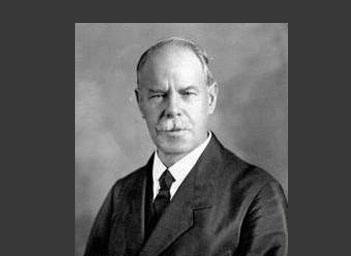Rom 13: 7 Pay everyone what is owed: taxes to whom taxes are due, revenue to whom revenue is due, respect to whom respect is due, honor to whom honor is due.
NO one likes to pay taxes, especially when there is so much graft, payoffs, and corruption evident in government. We are only partly responsible for what happens to our taxes, but we are fully responsible for making sure we pay what we are told to pay, so that there can be no accusation against believers. In this way we avoid scandalizing the Name of our Savior and making the gospel irrelevant.
The tax collector in Bible times was the lowest respected of society, yet Jesus called a “tax collector” (Luke 5:27), Levi, to be one of His disciples, then was bitterly accused of associating with his friends (Luke 5:29-30). However, Paul referred to tax collectors as “God’s ministers” (leitourgos), which is the same title given to Christ in His high priestly function in the “true tabernacle” (Heb 8:2) and Paul calls himself “a minister (leitourgos) of Christ Jesus to the Gentiles” (Rom 15:16). These officials owe their authority to God; “this is why [we] also pay taxes” (13:6).
Cheating on taxes, whether for income or property, is illegal and a transgression against God’s commands. Biblically it is a legal, moral and spiritual responsibility to pay taxes. This is one of the most behavioral specific commands in the NT, but it clarifies the sin issue: “to him who knows to do good and does not do it, to him it is sin” (Jam 4:17).
The law of the land determines what the citizenry owes to its government. Though relative, it is obligatory to man before God. This obligation includes custom duty fees. The issues are primarily a demonstration of attitude and honesty. It is a spiritual issue because of the principle: “whatever you do, do all to the glory of God” (1Co 10:31). It is not only an issue of what you do, but how you do it, so that God’s Name is honored, and He is given credit for the behavior of His child.
Not only is the attitude and action an important testimony issue, but it is also a relationship issue: “respect to whom respect is due, honor to whom honor is due.” “Respect” translates phobos, which means “fear,” a concept that stretches from “respect to terror,” but the respect is demonstrated by listening to what is said and obeying the order with a submissive attitude. The same word is used for the attitude between slaves and their masters (1 Pet 2:18), and wives to their husbands (Eph 5:33). However, the fear aspect is real as 13:4 indicates, “He is God’s minister to you for good. But if you do evil, be afraid; for he does not bear the sword in vain; for he is God’s minister, an avenger to execute wrath on him who practices evil.”
It is supposed that Paul’s objective was to assure that Christians would not provoke undue governmental reaction against the church, thus limiting its aggressive evangelistic thrust. The Jews were quick to rebel, but the Christians were to be submissive. Every businessman knows how to cheat on taxes, but the Christian must refuse to be disobedient regardless of the temptation. We must commit ourselves to never do anything that would discredit the gospel or our Savior before the world.
NLT Proverbs 27:18 As workers who tend a fig tree are allowed to eat the fruit, so workers who protect their employer’s interests will be rewarded.
Read another devotional by Don Fanning
The writer is a professor at Liberty University, the world’s largest Christian university.
For a year’s daily devotional of these Bible studies, order a copy of the book Truths to Live By at Branches Publications for your copy.




















